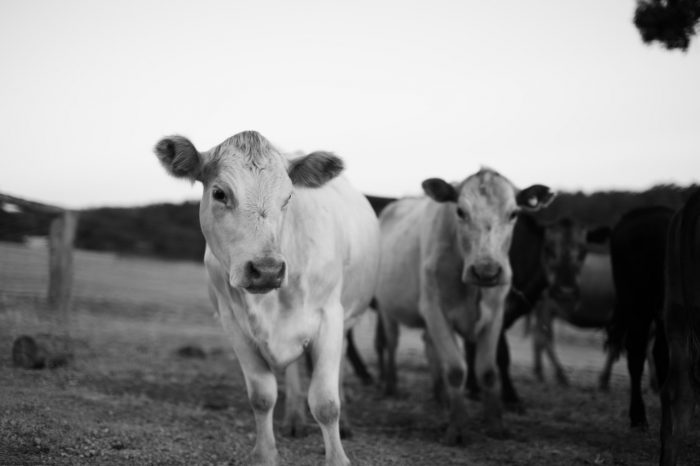Eating our way to a pandemic-free world.
Many of us are doing our part to end the COVID-19 pandemic, whether it be by getting vaccinated, wearing a mask, or telling overly affectionate friends in Enya’s tune to “stay away, stay away, stay away!”
Of course, there are many who see these measures as unnecessary in dealing with Covid, while others still believe that Covid does not exist. This article is based on the view that Covid is a real disease.
This is not the world’s pandemic and certainly not the worst one. Just a century ago, the Spanish flu killed more people than World War One and Two combined, at 50 million, while the Black Plague killed between 75 to 200 million people. So, the obvious question is, will there be another pandemic?
Yes. Experts believe there will be, and one of the main reasons is because of Zoonoses. Zoo-what? According to the WHO, “A zoonosis is an infectious disease that has jumped from a non-human animal to humans. Zoonotic pathogens may be bacterial, viral, or parasitic, or may involve unconventional agents and can spread to humans through direct contact or through food, water, or the environment.”
So, where and how does this contact occur? The WHO further explains that these diseases “represent a major public health problem around the world due to our close relationship with animals in agriculture, as companions, and in the natural environment. Zoonoses can also cause disruptions in the production and trade of animal products for food and other uses.”
So, obviously, if close contact with animals poses the threat of deadly diseases jumping into the human population, there’s one obvious solution: minimise our contact with animals. Does this mean that everyone needs to get rid of their pets? No. According to Truth Or Drought, “Livestock farming continues to be the largest source of zoonotic infections.” If that’s the main problem, then there too lies the main solution. By minimising the farming of animals, we can reduce the likelihood of a pandemic occurring again.
So, let’s break it down for our five-year-old children. People can get sick from coming into contact with animals on farms. We have animals on farms because people want to eat them. If people stop eating animals, people will stop farming animals. If people stop farming animals, they won’t catch diseases from animals. So, people should stop eating animals.
That’s the dumbed-down, all-or-nothing version. But now I’ll offer a more moderate model. It’s hard to tell someone to instantly become vegan. Some may be able to do it, but many will find it too challenging and may be so overwhelmed with the pressure of an all-or-nothing mindset that they will give up altogether and gorge themselves on meat just to make up for the few days of meat withdrawals.
A more moderate approach is to simply minimise the amount of meat we eat and also the regularity. We might decide to have meat three times a week, or only on the weekends. Once we start building up our self-control muscles, we might just have it on special occasions.
Something that can help us to do this is to start contemplating the life that we have taken. Instead of seeing meat as a commodity packaged in plastic just like everything else in the supermarket, we can see it is the sacrifice of an animal for us much like many indigenous cultures do. Contemplating and appreciating the life we are taking can help us restrain ourselves from eating meat every day and when we do can help us to eat it with reverence.
We can also understand that by minimizing our intake of meat, we are also improving our own health. There is a lot of evidence that suggests that a high meat intake is associated with heart disease and cancer while a diet high in fresh plant-based food prevents these diseases and others.
So, by eating less meat or even no meat at all, we can protect the lives of animals and people. We can prevent animals from living cooped up in cages and then being slaughtered for our consumption. We can protect our health by eating more plant-based food. And we can minimize human contact with livestock and thereby reduce the risk of diseases like coronaviruses from spreading from animals to humans. Eating less meat is only win, win, win.
~









Read 1 comment and reply